Kehinde Andrews - The New Age of Empire
Here you can read online Kehinde Andrews - The New Age of Empire full text of the book (entire story) in english for free. Download pdf and epub, get meaning, cover and reviews about this ebook. year: 2021, publisher: PublicAffairs, genre: Politics. Description of the work, (preface) as well as reviews are available. Best literature library LitArk.com created for fans of good reading and offers a wide selection of genres:
Romance novel
Science fiction
Adventure
Detective
Science
History
Home and family
Prose
Art
Politics
Computer
Non-fiction
Religion
Business
Children
Humor
Choose a favorite category and find really read worthwhile books. Enjoy immersion in the world of imagination, feel the emotions of the characters or learn something new for yourself, make an fascinating discovery.

- Book:The New Age of Empire
- Author:
- Publisher:PublicAffairs
- Genre:
- Year:2021
- Rating:3 / 5
- Favourites:Add to favourites
- Your mark:
- 60
- 1
- 2
- 3
- 4
- 5
The New Age of Empire: summary, description and annotation
We offer to read an annotation, description, summary or preface (depends on what the author of the book "The New Age of Empire" wrote himself). If you haven't found the necessary information about the book — write in the comments, we will try to find it.
The New Age of Empire — read online for free the complete book (whole text) full work
Below is the text of the book, divided by pages. System saving the place of the last page read, allows you to conveniently read the book "The New Age of Empire" online for free, without having to search again every time where you left off. Put a bookmark, and you can go to the page where you finished reading at any time.
Font size:
Interval:
Bookmark:
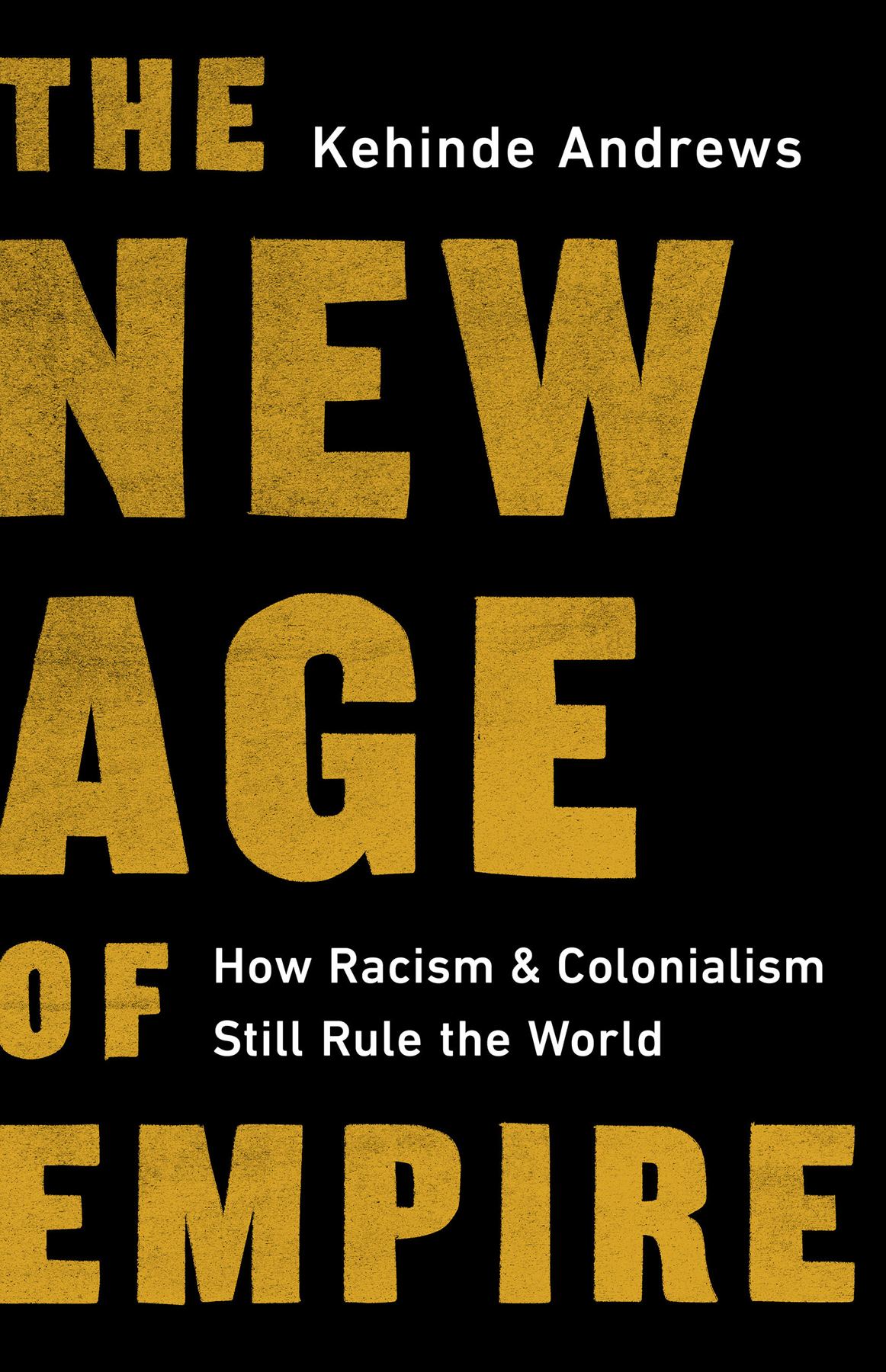
Copyright 2021 by Kehinde Andrews
Cover design by Pete Garceau
Cover copyright 2021 by Hachette Book Group, Inc.
Hachette Book Group supports the right to free expression and the value of copyright. The purpose of copyright is to encourage writers and artists to produce the creative works that enrich our culture.
The scanning, uploading, and distribution of this book without permission is a theft of the authors intellectual property. If you would like permission to use material from the book (other than for review purposes), please contact permissions@hbgusa.com . Thank you for your support of the authors rights.
Bold Type Books
116 East 16th Street, 8th Floor New York, NY 10003
@BoldTypeBooks
www.boldtypebooks.org
Originally published in February 2021 by Allen Lane / Penguin in Great Britain
First US Edition: March 2021
Published by Bold Type Books, an imprint of Perseus Books, LLC, a subsidiary of Hachette Book Group, Inc. Bold Type Books is a co-publishing venture of the Type Media Center and Perseus Books.
The Hachette Speakers Bureau provides a wide range of authors for speaking events. To find out more, go to www.hachettespeakersbureau.com or call (866) 376-6591.
The publisher is not responsible for websites (or their content) that are not owned by the publisher.
Library of Congress Control Number: 2020947282
ISBNs: 978-1-64503-692-0 (hardcover), 978-1-64503-690-6 (ebook)
E3-20210106-JV-NF-ORI
An uncompromising account of the roots of racism today.
Kimberl Crenshaw
This book is a provocation. It is not meant to make us comfortable or inspired, but rather to remind us of the hard truth that the West was built on slavery, genocide, and colonialismthe bases of racial capitalism and modern empire. And as Kehinde Andrews argues, we are still living this imperial nightmare, still reaping the consequences of contemporary racialized violence and exploitation. The lesson: no freedom under racism, no future under capitalism, no justice without decolonization.
Robin D. G. Kelley, author of Freedom Dreams: The Black Radical Imagination
This book is a radical, necessary indictment of the racist structures that produced the current anti-Black world order. Historically rigorous and deeply researched, Kehinde Andrews writes with lucidity about the global tactics of Western imperialism, centuries ago and at present. His clear-eyed analysis insists upon the revolutionary acts of freedom we will need to break out of these systems of violence.
Ibram X. Kendi, National Book Awardwinning author of Stamped from the Beginning and How to Be an Antiracist
Kehinde is a leader and a teacher who puts the Black Lives Matter movement into its historical and global context, and explains persuasively how it could shape our future. If you want to go beyond gestures and slogans and to the truth, this is the book to get you there.
Russell Brand
Professor Andrews takes the reader on a journey, and it isnt a comfortable one. Pick up this book and read it carefully. Once that is done, readers will be surely challenged, both in thinking and action.
Dawn Butler, Labour MP for Brent Central
Kehinde is a crucial voice, walking in a proud tradition of Black radical criticism and action.
Akala
For Assata, Kadiri, Omaje and Ajani
Witnessing the police killing George Floyd in May 2020 was the straw that broke the camels back, coming so close on the heels of the lynching of Ahmaud Arbery and state-sanctioned murder of Breonna Taylor. A wave of protest and rebellion was unleashed onto the streets in the United States, reminiscent of the hot summers of the 1960s, when racial tensions exploded and cities burned. Millions of people across the world joined the movement, protesting the experiences of racism that are all too common. Black Lives Matter came into vogue and was adopted by media companies, major corporations and even national governments. An optimism has been felt, that society is now ready to face up to the realities of racism. But rather than celebrating the new-found enthusiasm for talking about racism, we should approach with extreme caution. Unilever and LOral loudly trumpeting that they were removing the word fair from their skin-lightening products is the perfect metaphor for the meaningless change being offered in response to the moment. Rebranding a racist product is not a step in the right direction, it is a kick in the teeth to all those who suffer the impacts of White supremacy. We entirely miss the point if we believe that racism can be overcome with token gestures, commitment to diverse hiring practices or statements of brand solidarity. It is not mere coincidence that the latest wave of protests took hold during the lockdowns for the Covid-19 pandemic. The cynic in me will always be convinced that the lack of other news and places to go was a major factor in the mainstreaming of racial justice. We saw the exact same responses to the murders of Alton Sterling and Philando Castile in 2016 from Black communities across the globe, which somehow failed to grasp the attention of the Whiter wider public. But by the time the protests kicked off, the pandemic itself had already exposed the racism underpinning society.
Covid-19 tore through the West so completely that there were discussion about whether the virus was the great leveller of conditions in society. When British Prime Minister Boris Johnson was hospitalized with the virus, we were reminded that no one was safe. Donald Trump, the most unlikely president of the United States, started taking the anti-malarial drug hydroxychloroquine, later proved to be ineffective, in an effort to protect himself. Facing the impending loss of tens of thousands of lives, nations went into unprecedented lockdowns, and even the most right-wing, neoliberal governments provided economic safety nets for families and business that would have won the approval of Marx. But the delusions of all being in it together, or that viruses do not discriminate, quickly fell apart as the evidence began to show that Covid-19 simply laid bare existing social inequalities. The poor, the vulnerable and ethnic minorities were all shown to be far more likely both to catch the virus and to die from it, in Britain and the United States. The surprise at these findings tells us just how little we understand racism, which is not about personal prejudice, but rather is a matter of life or death. Covid-19 targeted ethnic minorities, thanks in part to our heavy concentration in the inner cities; disproportionate rates of poverty; and over-representation in the ranks of key workers. The brutal and uncomfortable truth is that racism takes years off a life and the ability to enjoy it. But the racial fault lines in the developed world are minor cracks compared to the devastating chasms of the value of life across the globe, and the response to Covid-19 reveals the logics of empire that continue to govern the world.
When the West was threatened with a staggering death toll, it was remarkable to see how quickly investment in and the development of a vaccine occurred. A vaccine within a year of the virus appearing would previously have been truly unprecedented but has been willed into existence. Malaria has existed for over a hundred years and claims the lives of 400,000 children annually, but there is still no reliable vaccination. If those children were dying in Europe, rather than Africa, the political will would have existed to find a cure. We saw the speed with which a vaccine was developed for Ebola once the disease left Africa and arrived in the United States. Even illnesses for which there are vaccines, that have been all but eradicated in the West, still claim lives in the Rest. Tuberculosis kills 1.5 million people annually. The primary logic underpinning the Western world order is that Black and Brown life is worth less.
Font size:
Interval:
Bookmark:
Similar books «The New Age of Empire»
Look at similar books to The New Age of Empire. We have selected literature similar in name and meaning in the hope of providing readers with more options to find new, interesting, not yet read works.
Discussion, reviews of the book The New Age of Empire and just readers' own opinions. Leave your comments, write what you think about the work, its meaning or the main characters. Specify what exactly you liked and what you didn't like, and why you think so.

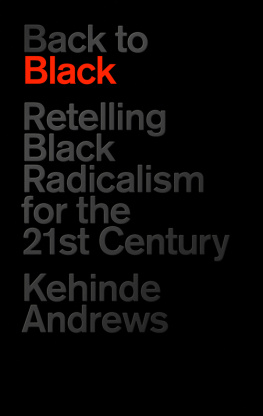



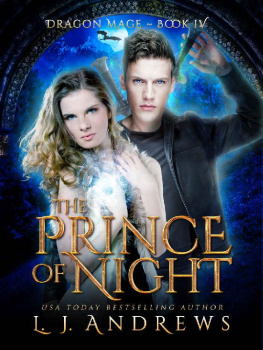
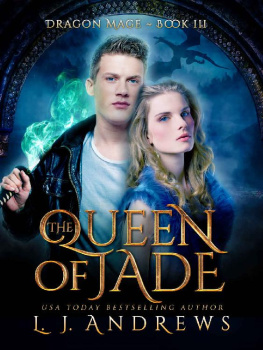
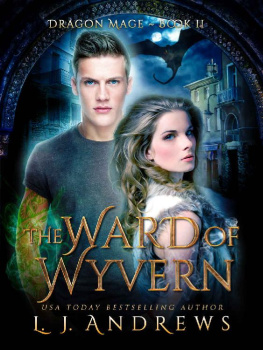
![V. C. Andrews [V. C. Andrews] - Dollenganger 01 Flowers In the Attic](/uploads/posts/book/57457/thumbs/v-c-andrews-v-c-andrews-dollenganger-01.jpg)